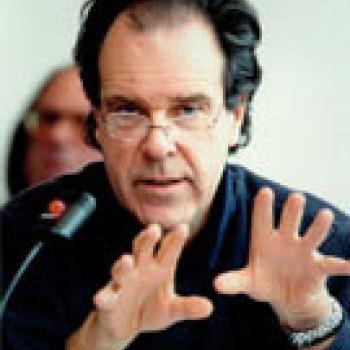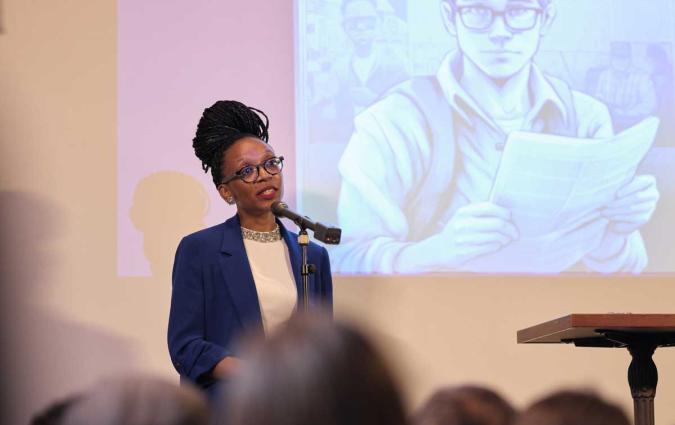Reporting the EU

Has ‘boring Brussels’ just got exciting?
Journalism covers the European Union well – for the elite. The global newspapers and wire services, the specialist magazines and websites, the think tanks on Europe and the information published by the EU institutions themselves are well informed, detailed and often critical. It’s the rest– most – who are badly served, and who usually don’t care to serve themselves.
This is one of the findings of a new report, “Reporting the EU”, published by the Reuters Institute for the Study of Journalism (RISJ) at the University of Oxford: the authors are John Lloyd and Cristina Marconi. The report, in the Institute’s ‘Challenge’ series, also found that
- News desks believe their audiences find stories about Brussels too boring and technical. Brussels lacked sufficient drama and well-known personalities to make good copy, especially TV journalists. Popular newspapers rarely have a permanent correspondent in Brussels;
- The crises afflicting the EU in the past few years have made covering Brussels more exciting, and more central to the news agendas everywhere. However, many of the journalists covering the EU struggled to understand the nature of the crisis in the Eurozone, and in Europe generally. The complexity of the financial and monetary crisis and the mechanisms developed to deal with it were outside of the expertise of many – though most worked hard to improve their understanding, with some taking crash courses in economics and finance;
- ‘All politics is local’: in this context, that means that most news organisations covering the EU concentrate on what its proposals, debates and decisions mean for their country of origin. The exceptions, usually, are the global news organisations. The EU is less often covered as a centre of European power, more often as an adjunct to national politics;
- Most Brussels-based reporters believe that a more divided parliament, with one third of the MPs representing Eurosceptic parties of various kinds, will make parliament easier to cover – because the drama will be greater;
- The Brussels press corps remains large, but has declined in numbers of fulltime correspondents. The decline in numbers is especially negative for those states most affected by the crisis – as Greece.
- In the first decades of the European project the journalism was largely admiring, sharing with the officials and politicians a belief in the ideals and ambitions of the EU to forge ‘an ever closer union’: this was true, in the first period, of the UK as well. However since the 1980s, the reporting became more detached and sceptical; the euro crisis made it more critical.
- Strongly Eurosceptic reporting is still a minority, and is still dominated by the UK – a tradition set in the 1980s by, above all, The Sun when edited by Kelvin MacKenzie and the Daily Telegraph when its EU correspondent was Boris Johnson, presently Mayor of London. However critical voices – including from those strongly in favour of greater integration – are much more in evidence: and many correspondents report that their audiences at home are themselves more sceptical, even hostile, to the European project.
- The EU’s press service gets mixed reviews from its clients. Most of the press officers are seen as well informed – but are also thought to be defensive in the face of criticism, and over ‘ideological’ about the mission of the EU.
“This pioneering study by John Lloyd and Cristina Marconi is the first comparative analysis of how media have covered the EU’s biggest crisis since its inception. It offers vital insight into Europe’s differing cultures of communications as well as the health of its politics.”
Mark Leonard, Director, European Council on Foreign Relations
To purchase a hard copy of this Challenge please visit Amazon or I.B.Tauris.
Listen to:
- John Lloyd interviewed on BBC Radio 4 - the Media show - Why coverage of the EU is falling short (Wed 15 October 2014)
- John Lloyd interviewed by Nicholas Walton from New Books in European Studies
Author biographies:
John Lloyd, RISJ Senior Research Fellow and a contributing editor to the Financial Times, said: ‘We are on the brink of a fascinating time for journalism from Brussels. Politicians have been elected who have a reputation for being outspoken and populist, keen on starting controversies and using abrasive language. This sort of fare is bread and butter for journalists struggling to engage their readers with stories about the EU. However, this political climate is likely to make it even harder for reporters to attempt to explain the substantive decisions and policies under discussion in the EU. For a journalism which claims to hold power to account and act in the public interest, it is likely to do little. For journalism that wants to interest people, it is a large step forward.’
Cristina Marconi, a freelance journalist who covered Brussels for Italian newspapers, said: ‘To assume that a public largely ignorant of the main pillars of their public life can properly orient themselves is increasingly a luxury we cannot afford. The European Union is powerful, multi-national and has been and remains the centre for aspiration, challenge, the embedding and spreading of democratic governance – as well as sceptical polemic, charges of failure and weak leadership. It’s the perfect place for a journalism that holds its power to account.







